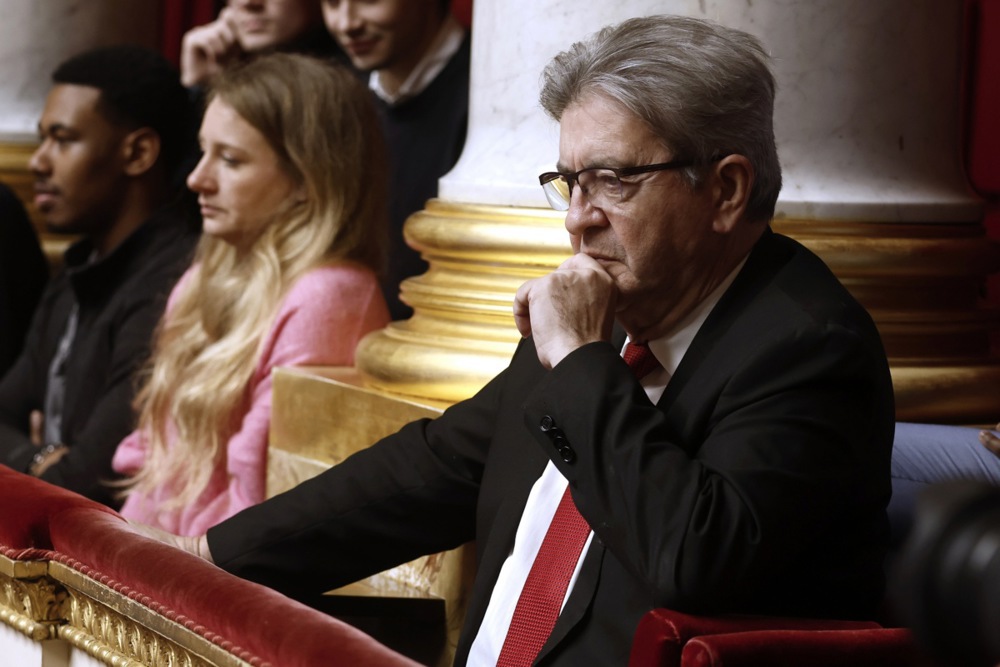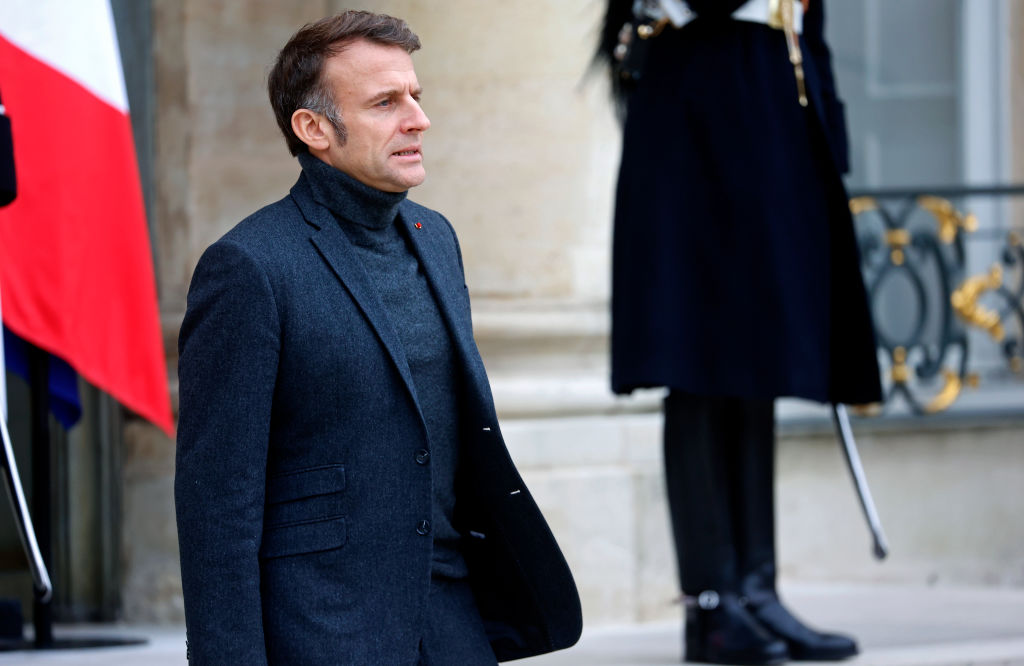Leader of France’s La France Insoumise (LFI), Jean-Luc Mélenchon, has officially cut ties between his hard-left party and the Socialist Party, confirming the end of the alliance forged for the 2024 elections.
In an interview on February 16 with La Tribune du Dimanche, he announced that LFI would now stand alone or, at most, work alongside The Greens and French Communist Party.
“We have to turn the page on a toxic alliance,” Mélenchon declared, slamming the Socialists for what he said was their failure to back a government-toppling vote in late January.
“I was very wrong about one thing: The Socialists never intended to be partners,” he admitted, accusing them of siding with centrists instead of standing firm in opposition.
For Mélenchon, the Socialist Party’s actions proved it was no longer a true opposition force. “We don’t want to be confused with their support for Bayrou. They are no longer our allies,” he said, referencing the centrist Prime Minister François Bayrou who stoked controversy among the Left in late January with his rhetoric on immigration.
France’s centrist Prime Minister François Bayrou has spoken of what he said was growing unease among citizens about the influx of migrants to the country. https://t.co/orqDcBme9Y
— Brussels Signal (@brusselssignal) January 28, 2025
Despite the fractured alliance, LFI said it would continue to support left-wing censure motions in parliament. “If the Socialists want to be partners, it will be in action — if they stop helping the government survive,” Mélenchon said.
But while the Socialist Party is out for LFI, the Greens and Communists remain close allies in parliament.
“They are with us in the opposition,” Mélenchon confirmed.
Following his statements, Greens leader Marine Tondelier said she remains hopeful that was not the final break for the French Left.
“Would you like me to list the definitive breaks I’ve witnessed since I’ve been in politics?” she said on February 17. “In politics, there is no definitive break.”
But, with Mélenchon pulling away, the Left looks more fractured than ever and the rift between LFI and Socialists has exposed deep divisions.
Mélenchon has long pushed for radicalism in both policy and posture, while the Socialists have advocated being a “party of government”, driving a wedge between them.
Following President-elect Donald Trump’s victory in the United States, the French hard-left party La France Insoumise has called for a shift towards left-wing “radicalism” to counter the far-right. https://t.co/CfeXPbeEgV
— Brussels Signal (@brusselssignal) November 7, 2024
The collapse of the left-wing alliance could reshape French politics ahead of the next elections, experts said.
Under the Fifth Republic, divided left-wing forces have consistently struggled to win the presidency. François Mitterrand triumphed in 1981 thanks to unity, while François Hollande’s 2012 victory was secured by broad left-wing backing in the runoff.
By contrast, in running alone, Mélenchon has failed three times in his presidential bids — each time improving his score but never by enough to win.
Still, with the rise of right-wing Conservative Minister of the Interior Bruno Retailleau, he said he saw an opening for the Left.
“Retailleau’s emergence modified the presidential process. [National Rally’s Marine] Le Pen is less certain of being in the second round. He’s hunting on the same ground as she is.
“”For many people, Retailleau is more reassuring than she is. Retailleaueu is the best chance for the reactionary Right,” Mélenchon argued.
In his interview, he also confirmed there would be an LFI candidacy in the next presidential election, signalling the end of a common front on the Left.
“What is sure is that there will be a LFI candidacy for the presidential election. We are ready to discuss with anyone that wants to team up with us,” he said.
French hard-left party La France Insoumise has been gearing up for a potential early presidential elections in France, campaigning to secure elected officials’ sponsorships. https://t.co/pBwd62Q6FF
— Brussels Signal (@brusselssignal) January 13, 2025





